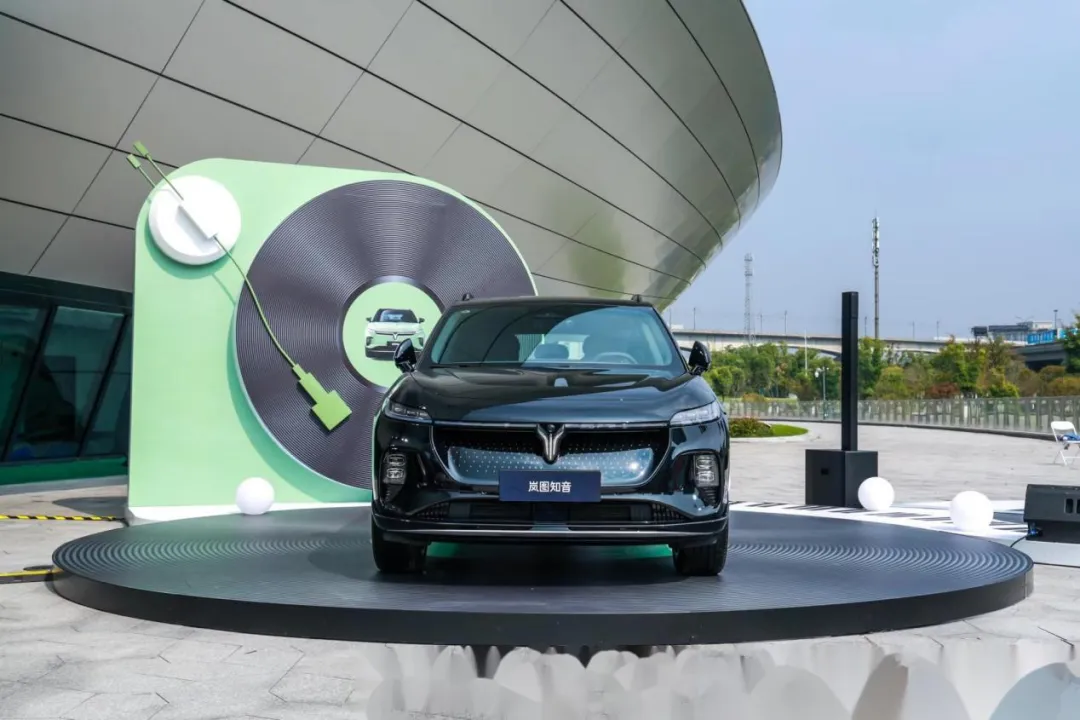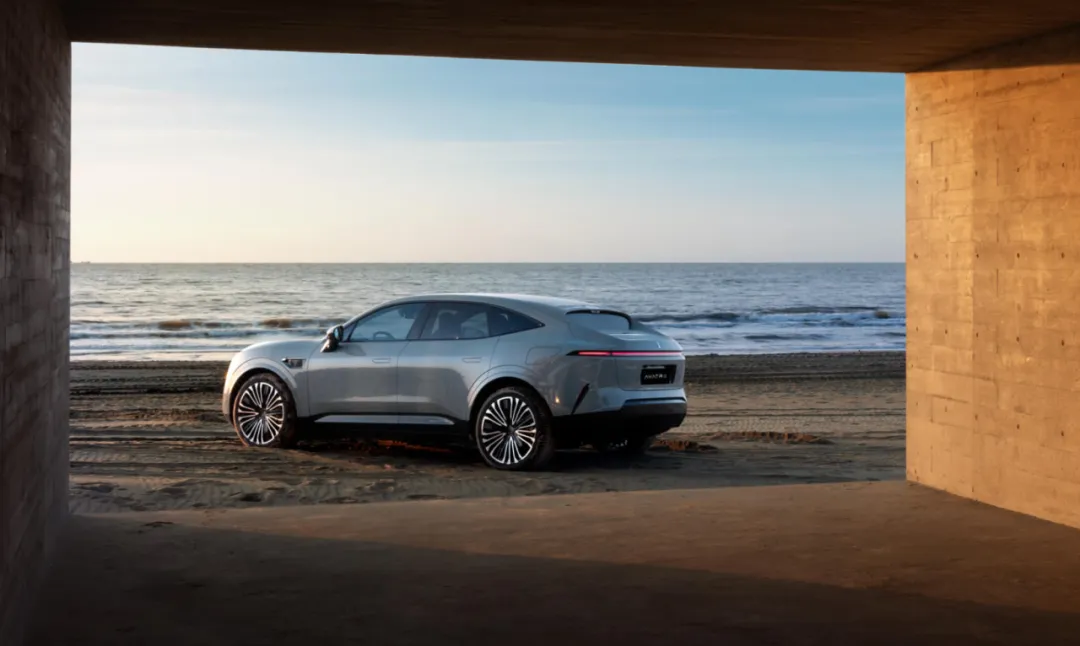
On February 9th, Changan Automobile and Dongfeng Automobile, two major Chinese automotive central enterprises, announced that their indirect controlling shareholders (the Weapon Equipment Group and the Dongfeng Group) are planning reorganization with other state-owned central enterprises. This suggests that the long-discussed integration of automotive central enterprises may become a reality. Reports also indicate that on February 11th, the SASAC Reform Bureau will hold a special meeting.
Under the policy of concentrating state-owned capital in strategic emerging industries, the automotive industry, a key pillar of the national economy, has become a focal area for reform. In recent years, the State-owned Assets Supervision and Administration Commission (SASAC) has optimized assessments for automotive central enterprises. For instance, it has included market value management in performance evaluations and separately assessed new energy vehicle businesses to encourage transformation into new energy technology enterprises and enhance competitiveness. This policy guidance makes it inevitable for automotive central enterprises to achieve resource optimization through strategic integration and scale adjustment. The reorganization of Dongfeng and Changan exemplifies this timely trend.
Address the demands of state-owned capital reform and transition to new energy
This merger exemplifies the State-owned Assets Supervision and Administration Commission's (SASAC) "strategic reorganization + professional integration" initiative for central enterprises. In March 2024, SASAC Director Zhang Yuzhuo noted that several state-owned auto companies lagged behind competitors like Tesla and BYD in new energy vehicles. SASAC will adjust policies and separately evaluate new energy vehicle performance for three central auto enterprises. The merger of Changan and Dongfeng aims to integrate resources, advance key technologies such as batteries and intelligent driving, and close the gap with leading enterprises.
Regarding the development of new energy in central state-owned enterprises, industry experts believe that joint venture brands, once "profit points," have been slow in electrification, impacting the group's new energy vehicle progress. Meanwhile, calls for reform among domestic auto enterprises are increasing. The Ministry of Industry and Information Technology encourages high-quality new energy vehicle companies to merge and grow stronger, improving industrial concentration. The National Development and Reform Commission will continue to foster a fair competitive market environment through policy guidance and regulations, promoting automotive industry transformation and enterprise optimization.
Previously, rumors circulated about FAW, Dongfeng, and Changan forming the "T3 Automotive National Team," but no substantial progress was made. Now, two central enterprises are simultaneously promoting reorganization, reigniting industry expectations for T3 integration. The three companies previously collaborated on projects, notably establishing "T3 Mobility" in 2018 to enter the online car-hailing market. This prior cooperation may help expedite the reorganization between Dongfeng and Changan.
For Changan Automobile and Dongfeng Automobile, reorganization can optimize resource allocation and boost industry competitiveness. In 2024, Changan Automobile sold 2.68 million units, the highest in seven years, with a 5.1% year-on-year increase for five consecutive years. New energy vehicle sales surpassed 734,000 units, growing by 52.8%. However, this fell short of the 2.8 million unit annual target by Chairman Zhu Huarong by nearly 120,000 units.
Dongfeng Group's annual sales reached 2.48 million vehicles, marking a 2.5% year-on-year increase. This is the company's first positive growth since 2017, driven by its brands. However, it fell short of the 3.2 million vehicle target set for 2023, achieving only 77.5% of the goal.
To find new chance with new energy and intelligent
Now let's focus on the current automotive market. The new energy vehicle (NEV) sector is rapidly evolving. As the world's largest NEV market, China's 2024 NEV sales are projected to surpass 2023 figures by nearly 30%. Traditional car companies are also under significant pressure to transform.
Emerging electric vehicle companies, leveraging innovative technologies and flexible strategies, have quickly captured market shares. Meanwhile, consumer demands for new energy vehicles are diversifying, with higher expectations for vehicle intelligence, range, and charging infrastructure. To avoid obsolescence in this revolution, traditional automakers must accelerate transformation through reorganization and integration.


As of February 9th, Changan Automobile's total market value was 134.237 billion yuan, while Dongfeng Automobile's was 14.6 billion yuan. Changan has fully transitioned to intelligent vehicle manufacturing and owns brands including Changan, Deepal, Qiyuan, Avatr, Kuayue, and Kaicheng. Over the past seven years, Changan invested 114.8 billion yuan and employed 18,000 people, achieving significant advancements. The vehicles boast over 1,000 TOPS AI computing power, feature the Changan Tianyu OS, and are equipped with the Tianshu intelligent driving system and redundant safety systems.
Dongfeng Motor owns brands including Voyah, Mengshi, Yipai, Fengshen, and Nammi. The current reorganization of these enterprises offers more potential for market growth.
The pursuit of new energy and intelligence has raised industry expectations for their integration. Changan and Dongfeng's restructuring will help integrate resources, achieve economies of scale, reduce costs, and enhance competitiveness. Changan Automobile's chairman Zhu Huarong predicts that in 3-5 years, 80% of Chinese fuel vehicle brands will face closure, suspension, merger, or transfer, making such actions the industry norm.

The merged enterprise is expected to lead domestic auto enterprises in market share, reshaping the competitive landscape. By integrating resources, both parties can achieve complementary advantages and collaborative development in technology R&D, brand strategy, and market channels, boosting overall competitiveness. International expansion will accelerate the global layout and challenge international auto giants more effectively.
News emerged of a sudden merger and reorganization between Dongfeng and Changan, with FAW not involved. Industry insiders suggest this could be a prelude to fully integrating the "T3 National Team" (FAW, Dongfeng, and Changan). If successful, it may encourage local state-owned enterprises like GAC and BAIC to accelerate mixed-ownership reforms and promote new forces such as NIO and Xpeng to align with state-owned capital, creating a new ecosystem of "private innovation + state resources".

 Room 1104,Block B,JingBan Building,6 Middle Beisanhuan Road,Xicheng District,Beijing
Room 1104,Block B,JingBan Building,6 Middle Beisanhuan Road,Xicheng District,Beijing
 (8610)62383600
(8610)62383600
 quanqixiang@carresearch.cn
quanqixiang@carresearch.cn
 京公网安备:11010202007638号|京ICP备17032593号-2|Report illegal and bad information:010-65993545-8019 jubao@carresearch.com
京公网安备:11010202007638号|京ICP备17032593号-2|Report illegal and bad information:010-65993545-8019 jubao@carresearch.com
Legal support:Beijing Yingke Law Firm|All rights reserved, DO NOT reproduce without permission